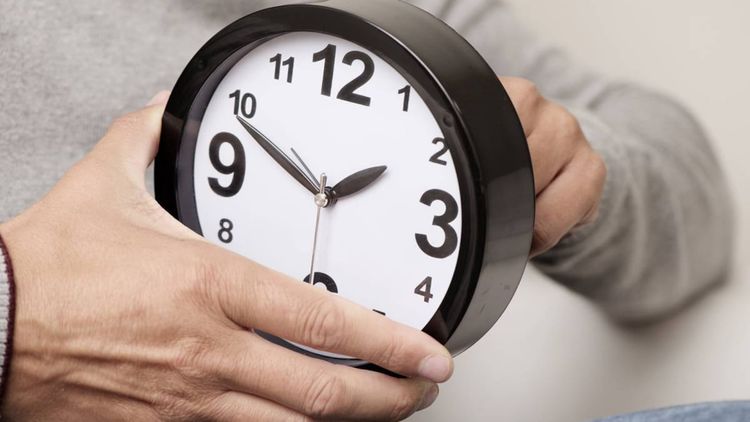Time change in the USA 2024: When does Daylight Saving Time ...

In the U.S., residents adjust their clocks twice a year: once when Daylight Saving Time starts, and again when it ends, reverting to Standard Time, also known as winter time.
Each year, DST begins on the second Sunday of March. This year, clocks went forward on Sunday, March 10, at 2:00 a.m., advancing by one hour. Here’s all you need to know about when DST ends and Standard Time begins.
Changing the clocks in the USA 2024: When does Daylight Saving Time end?Daylight Saving Time ends annually on the first Sunday in November. For 2024, the clocks go back on Sunday, November 3, at 2:00 a.m., signaling a return to Standard Time. In this case, clocks go back one hour.
For most people, there’s no need to adjust manually, as most electronic devices like smartphones automatically switch back to Standard Time at 2:00 a.m. So if you’re watching the clock on your phone at the point it would turn from 1:59 a.m. to 2:00 a.m. you’ll see it instead go back to 1:00 a.m.
Looking ahead to 2025, DST will start on Sunday, March 9, and end on Sunday, November 2.
Regions of the U.S. where time doesn’t change in NovemberWhile most states in the U.S. observe a twice-yearly time change, certain areas remain on Standard Time year-round. This is due to the Uniform Time Act of 1966, which allows states and territories to opt out of DST.
Hawaii and most of Arizona do not observe Daylight Saving Time, so there’s no need for residents to adjust clocks forward or backward. Additionally, U.S. territories in the Pacific and the Caribbean—such as Puerto Rico, the U.S. Virgin Islands, the Northern Mariana Islands, Guam, and American Samoa—also stay on Standard Time throughout the year.
Arizona briefly used DST starting in 1918, but discontinued it in 1968. However, the Navajo Nation in the northeastern part of the state does observe DST, which means they adjust their clocks twice a year.
What’s the famous phrase to remember how the time changes?‘Spring forward, fall back’ is the famous phrase used to remember which way the time is changing. It’s a neat pun using the names of the seasons when the time change takes place. Spring is so called because the plants spring out of the ground and dormant animals spring to life; while in the autumn the leaves fall from the trees, hence fall. And it just so happens that springing forward and falling back works neatly for the time change we currently use.
When does the time change in Europe?Over in Europe, most countries have already changed to winter time. They changed over today, Sunday 27 October, one week ahead of us in the U.S. That means if you’re used to a time difference of six hours from Eastern Time to Central European Time, it will only be five hours this week, and instead of a five hour difference with the U.K. that’s only four hours. Next weekend we’ll all be back on winter time.













































